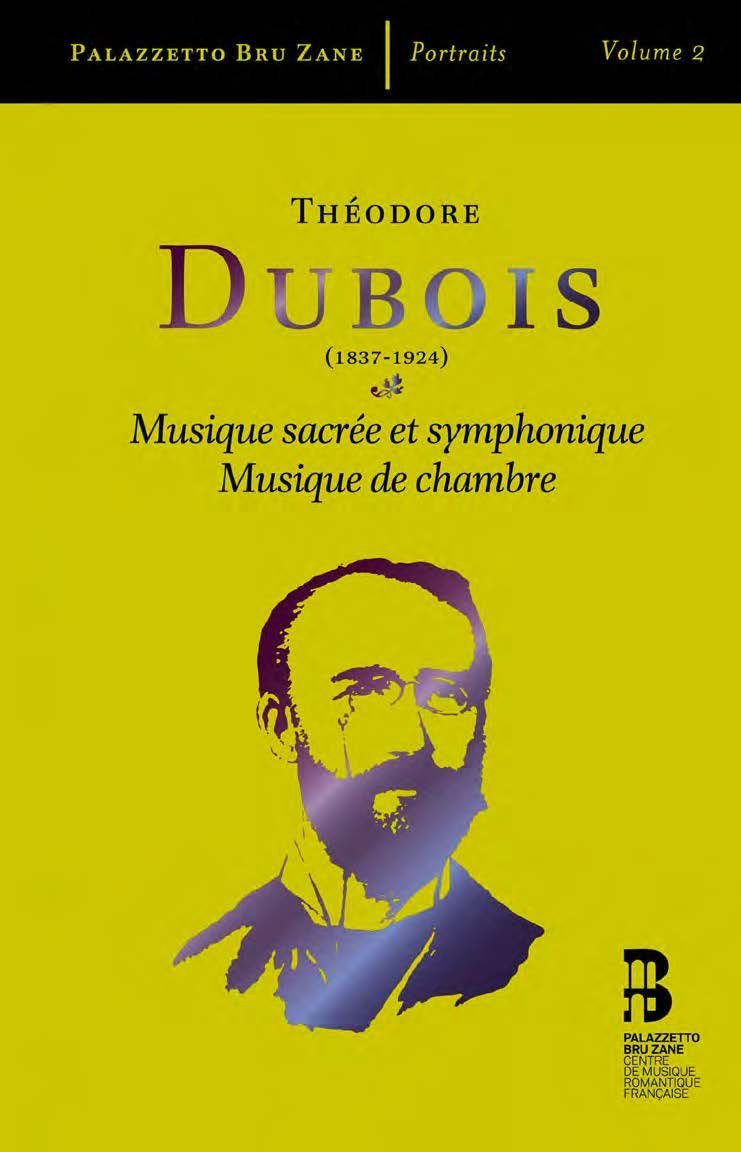Q&A Special: Pianist Lucas Debargue
First interview with 'self-taught' Lucas Debargue who captivated the Tchaikovsky piano competition
Last week the 15th International Tchaikovsky Competition in Moscow was rung down with a sigh of relief for the home team, with once again a Russian pianist in possession of the gold medal, Dmitry Masleev following 2011’s Daniil Trifonov. It was all very satisfactory for President Putin as he delivered his speech at the winners’ gala, being Tchaikovsky’s 175th anniversary year, but it was not a result that many disputed. The modest Siberian, 27, is a thoughtful pianist as well as a powerful one in traditional Russian manner.

 Théodore Dubois: Musique Sacrée et Symphonique, Musique de chambre (Ediciones Singulare)
Théodore Dubois: Musique Sacrée et Symphonique, Musique de chambre (Ediciones Singulare)